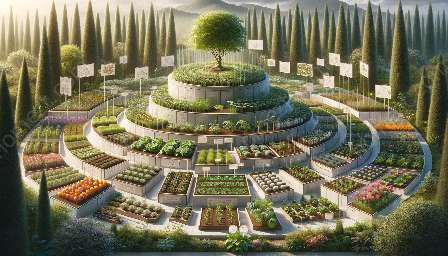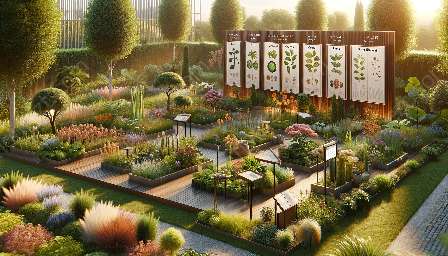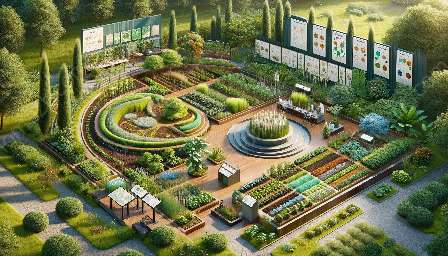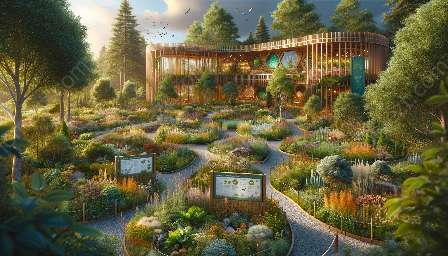Education and interpretation play crucial roles in enhancing the experience of botanical gardens and their relevance to gardening and landscaping. In this topic cluster, we delve into the nexus between these elements, exploring their significance and practical applications.
The Importance of Education in Botanical Gardens
Botanical gardens serve as centers for formal and informal education, offering an immersive environment for learning about plant diversity, conservation, and sustainable practices. Through educational programs, guided tours, workshops, and interactive exhibits, botanical gardens provide valuable insights into the botanical world.
Interpretation in Botanical Gardens
Interpretation is the art of communicating the significance and relevance of natural and cultural resources to diverse audiences. In the context of botanical gardens, interpretation enriches visitors' experiences by providing meaningful connections to the living collections, ecosystems, and historical landscapes.
Enhancing Visitor Engagement through Interpretation
Effective interpretation techniques, including storytelling, interactive displays, and guided walks, engage visitors of all ages and backgrounds. By fostering understanding and appreciation, interpretation promotes a deeper connection with the botanical world, inspiring visitors to become stewards of the environment.
Integrating Botanical Interpretation into Gardening & Landscaping
The principles of botanical interpretation can be harnessed in gardening and landscaping to create meaningful outdoor spaces that reflect ecological balance and biodiversity. By incorporating educational elements, such as plant labels, interpretive signage, and thematic garden designs, practitioners can elevate the educational value of cultivated landscapes.
Educational Outreach in Gardening and Landscaping
Education in gardening and landscaping extends beyond formal settings and encompasses community outreach, school gardening programs, and public green spaces. By integrating interpretation methods, such as garden tours, demonstration plots, and horticultural workshops, educational outreach initiatives enhance public awareness and participation in sustainable gardening practices.
The Role of Botanical Gardens in Shaping Environmental Stewardship
Botanical gardens serve as catalysts for environmental stewardship by nurturing a culture of appreciation for plant diversity and ecological preservation. Through educational initiatives and interpretive displays, botanical gardens instill a sense of responsibility towards the natural world, influencing sustainable choices in gardening and landscape management.
Empowering Sustainable Practices
By promoting knowledge of native plants, water conservation, and habitat preservation, botanical gardens inspire individuals and communities to adopt sustainable practices in their gardening and landscaping endeavors. The educational and interpretive resources offered by botanical gardens contribute to the cultivation of environmentally conscious attitudes and behaviors.

















